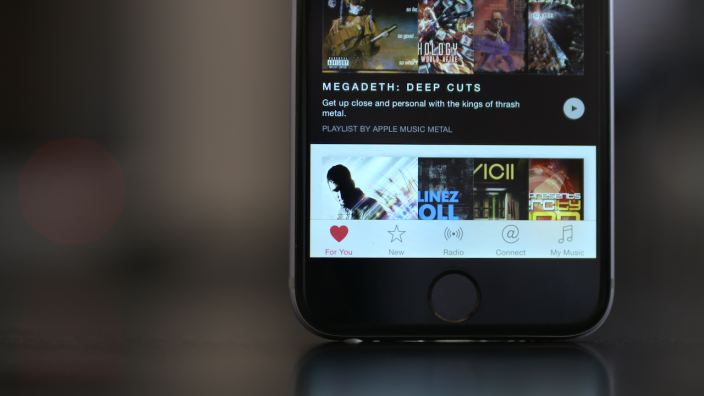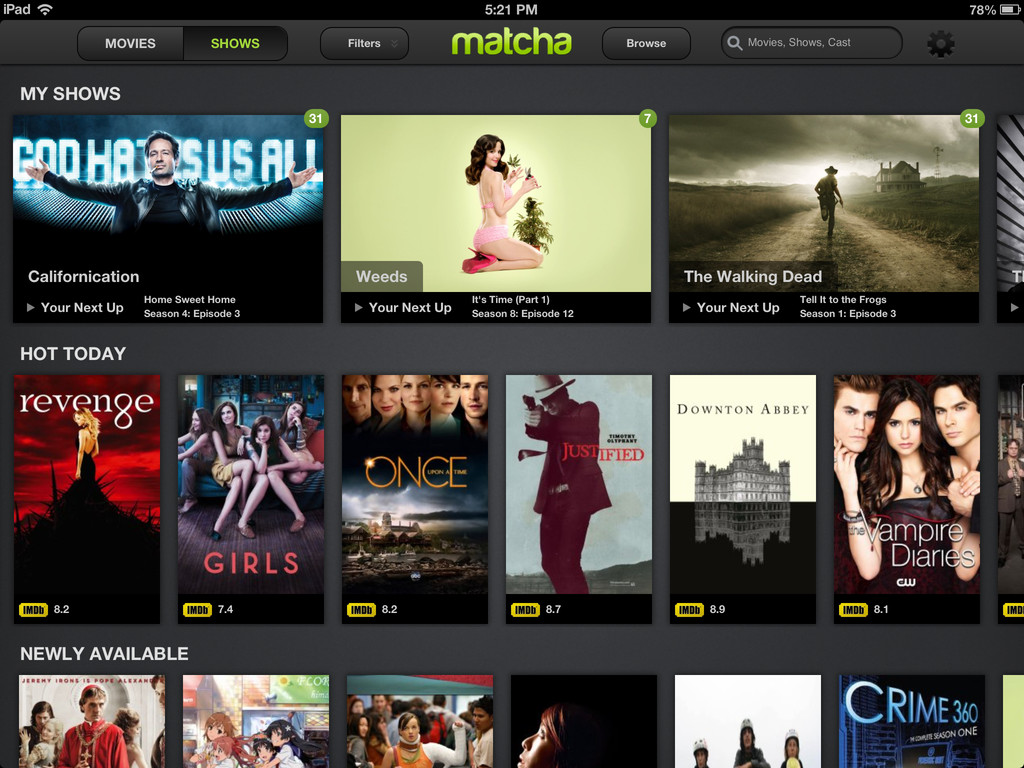
How likes & other user input work to personalize your Apple Music experience
Apple has talked a lot about how it’s tackling curation better than the other guys by putting a big focus on hand-picked, human curated playlists for Apple Music, but how exactly does a user’s input alter the music the app serves up? The Loop’s Jim Dalrymple spoke directly with Apple to answer that question and put together a guide detailing exactly how likes and other user input work to customize some aspects of Apple Music but not others:
First, let me tell you one of my big problems, or sources of confusion, with likes on streaming services. Let’s say I’m listening to a Metal station and a great song comes on, but I consider it to be Rock. Do I like it? I enjoy the song, but I’m afraid if I like it, more Rock songs will come on the Metal station, diluting it… What if I don’t like it? Will it never show up again, even in Rock? Perhaps I should skip it, but is that equivalent to a “dislike”?
The guide is great if you really want to make the most of the service, but further proof that Apple Music is a complicated mess and not very intuitive for users when it comes to how likes, hearts, and other user input features of the service affect recommendations.
Head over to The Loop for the full guide on how the way you use Apple Music might make for a better, more personalized experience.

